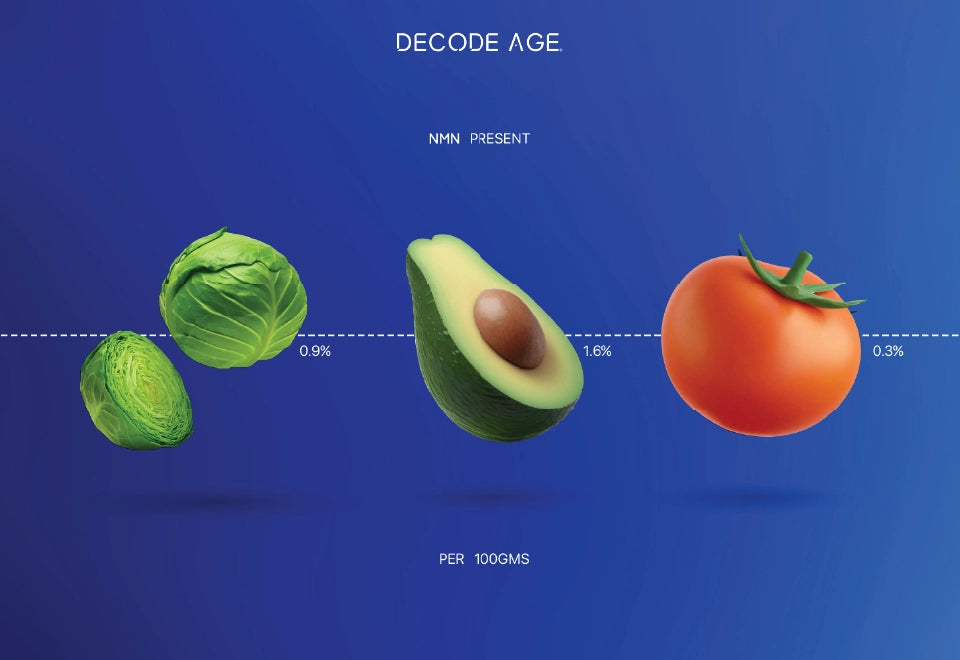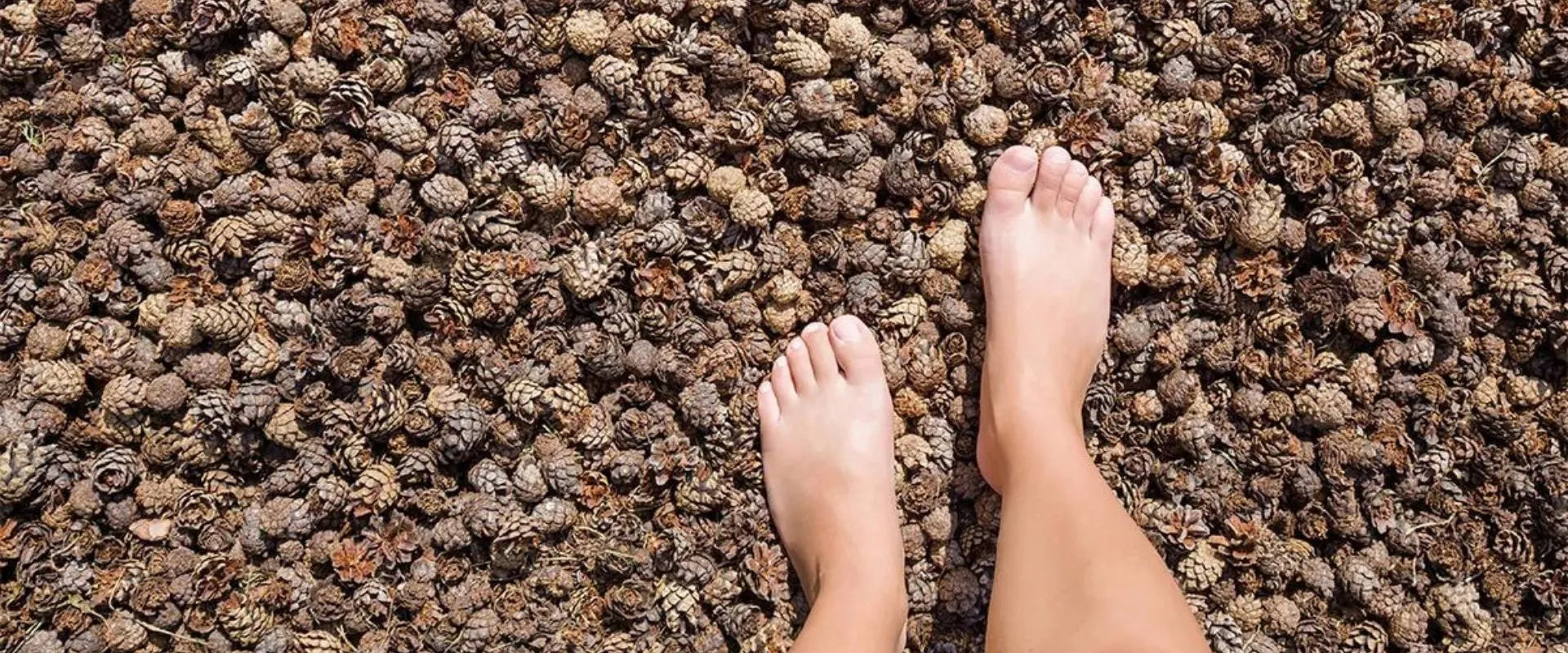Imagine billions of tiny creatures living inside your body, that affect you in more ways than you can imagine. Sounds fascinating? These tiny soldiers are your gut microbiome, a diverse ecosystem of bacteria, that play a crucial role in everything from digestion and immunity to energy levels and even your mood.
However, in today’s world of processed foods, stress, and fast-paced lifestyle, these good bacteria are struggling to maintain their balance. The result? Poor digestive and overall health, low energy, and mood swings.
But here’s the good news: just like any ecosystem, your gut microbiome can be restored. With the right dietary and lifestyle changes, you can support and nourish these tiny warriors. Let’s dive into three effective healthy diets that can help turn your gut microbiome into your best ally.
Importance of Healthy Gut Microbiome
Your gut microbiome is a powerhouse of microbes that work together to keep you healthy. It aids digestion, produces essential nutrients, strengthens immunity, and even influences mood. Research links a well-balanced gut to a lower risk of chronic diseases like diabetes, obesity, cardiovascular diseases and neurodegenerative diseases (Afzaal et al., 2022).
Let’s understand why a balanced gut microbiome is crucial for your overall well-being
Brain-Gut Axis
Ever felt irritated for no apparent reason? Your gut might be responsible for it. The brain and gut have a bidirectional communication through the network of vagus nerves called as brain–gut axis, which transmits signals from the brain to the gut and back, thus having significant impact on mental health. Additionally, neurotransmitters such as serotonin (almost 95% of it) are also produced in the gut, making your gut microbiome responsible for regulating mood, stress and gut motility (Appleton, 2018).
Immune system
Surprisingly, the gut microbiome controls 70% of our immune system. A healthy gut helps keep harmful invaders at bay, reduces inflammation, and supports immune function, preventing autoimmune diseases (Wiertsema et al., 2021).
Weight Management
Craving for sweet or salty snacks, that’s probably because your gut microbiomes are telling you so. Gut microbiomes influence metabolism, fat storage and even cravings. A balanced gut microbiome can help manage a healthy weight (Carmody & Bisanz, 2023).
Signs of unhealthy gut microbiome
An imbalance in gut bacteria—known as dysbiosis—can make your body more vulnerable to disease. Watch for these warning signs:
- Frequent digestive issues: Digestive issues such as bloating, acidity, or gas.
- Unexpected weight changes: Weight fluctuations without any dietary or exercise change.
- Chronic fatigue: Disturbed sleep and chronic fatigue due to inefficient nutrient absorption.
- Skin issues: Skin issues such as acne, eczema or rashes due to inflammation.
- Anxiety and mood swings: Mental health issues such as anxiety, depression or frequent mood swings.
- Frequent allergies or illness: Frequent allergies or infections due to weakened immune system.
Diet for healthy gut microbiome
A healthy gut directly impacts overall well-being, and the composition of gut bacteria is highly influenced by the food you eat. Let’s explore 3 healthy diets to keep your gut microbiome thriving.
High Fibre Diet
Dietary fibre serves as fuel for gut bacteria. It remains undigested in the small intestine and reaches the colon, where it nourishes good bacteria, reduces inflammation, and strengthens the intestinal lining. High-fibre diet foods reduce the risk of irritable bowel syndrome, colorectal cancer, and constipation and promote healthy weight management (Fu et al., 2022).
Best High-Fiber food
- Whole grains: Oats, barley, brown rice.
- Vegetables: Spinach, broccoli, artichokes.
- Seeds: Chia seeds, flaxseeds.
- Legumes: Lentils, chickpeas, beans.
- Fruits: Apples, bananas, berries.
Polyphenol-Rich Diet
Polyphenols are plant compounds with antioxidant, anti-inflammatory, and antimicrobial properties. Since they cannot be completely digested by enzymes, they act as prebiotics for gut bacteria. Polyphenols support gut barrier integrity, reduce gut inflammation, and inhibit the growth of harmful bacteria such as Helicobacter pylori. They also help produce gut serotonin, improving mental health (Jawhara, 2024).
Best polyphenol-rich food
- Berries: blueberries, raspberries, blackberries
- Green tea and coffee
- Dark chocolate
- Turmeric and cinnamon
Fermented food
Fermented foods are natural sources of healthy bacteria such as Lactobacillus, and Saccharomyces, and help improve digestion and nutrient absorption, and support immunity. Fermented food produces bioactive compounds such as organic acids and peptides that support gut health and help with conditions such as IBS, colitis, and Crohn’s disease (Leeuwendaal et al., 2022).
Best fermented food
- Yoghurt
- Kefir
- Kimchi
- Kombucha
- Fermented rice
Foods to avoid
Certain foods can disrupt gut microbiome balance, promote inflammation, and contribute to metabolic disorders, digestive issues, and weakened immunity. To maintain gut health, limit or avoid:
- Processed food and fast food
- Packaged foods
- Burgers, fries, and foods with excessive refined oils.
- Processed cheese
- Food with artificial preservatives
- Artificial sweeteners and excessive sugars
- Diet soda
- Low calorie desserts with artificial sweeteners
- Sugary breakfast cereals
- White bread
- Trans fat and industrial seed oils
- Fried food
- Processed vegetable oils
- Hydrogenated oil
- Alcohol and carbonated drinks
- Energy drinks
- Sugary cocktails
- High alcohol content drinks (beer, whiskey, vodka)
Conclusion
Your gut microbiome is a crucial player in keeping you healthy. It influences digestion, immunity, weight and mood. Diets rich in fibre, polyphenols, and fermented foods can help maintain your gut microbiome and help you live a healthier life. Moreover, avoiding processed and unhealthy foods is essential to keep your gut healthy and your gut microbiome thriving.
A happy gut means a healthier, more energised and happier you. Start making healthy choices when it comes to diet and lifestyle and see the power of a healthy gut microbiome.
FAQs
What are the best foods for gut health?
The best foods for gut health include high-fibre foods such as whole grains, and vegetables, polyphenol-rich foods like berries, and green teas which are rich in antioxidant and anti-inflammatory properties and fermented foods like yoghurt, kombucha which act as probiotic that help in digestion and keep your immunity strong and balance the gut microbiome.
What food should be avoided for a healthy gut?
To maintain gut health, avoid ultra-processed foods such as fast food, excessive sugar, artificial sweeteners, trans fat and alcohol. These foods can cause digestive issues and imbalance your gut microbiome, increasing the risk of chronic diseases like obesity and diabetes.
How can gut health affect mental health?
The gut and brain are connected through the brain-gut axis, as the gut produces neurotransmitters such as serotonin, which regulates stress and emotions. Thus, an unhealthy gut can lead to increased stress and mood swings. A balanced gut microbiome is important for mental well-being.
What are the signs of an unhealthy gut?
Signs of an unhealthy gut include digestive issues such as bloating, gas, and constipation, skin issues such as rashes, and eczema; chronic fatigue, disturbed sleep and frequent mood swings. If you experience these symptoms, eating healthy and improving your diet can help maintain gut health.


























Leave a comment
All comments are moderated before being published.
This site is protected by hCaptcha and the hCaptcha Privacy Policy and Terms of Service apply.